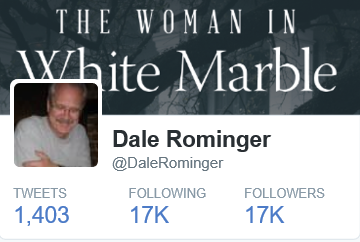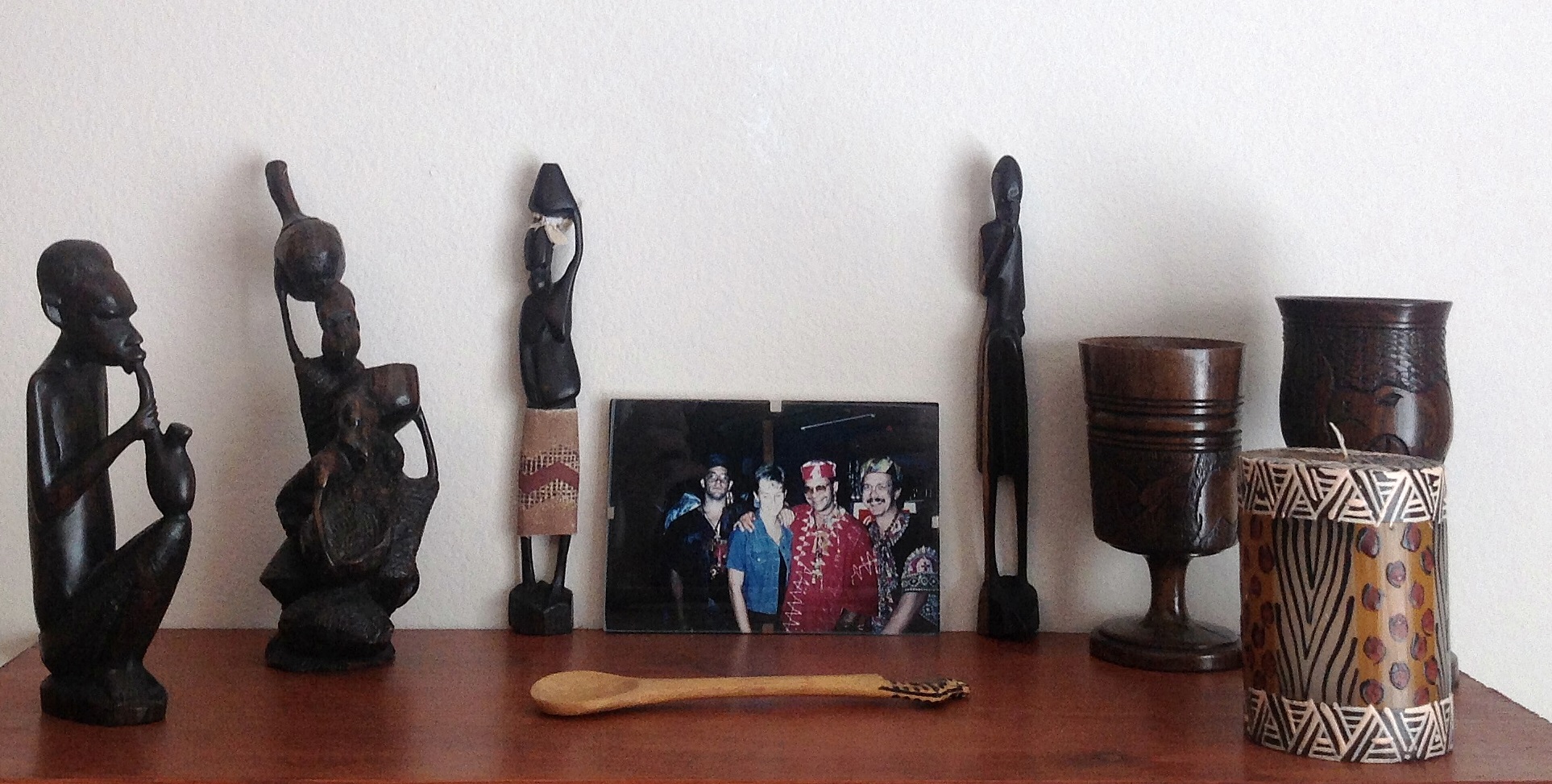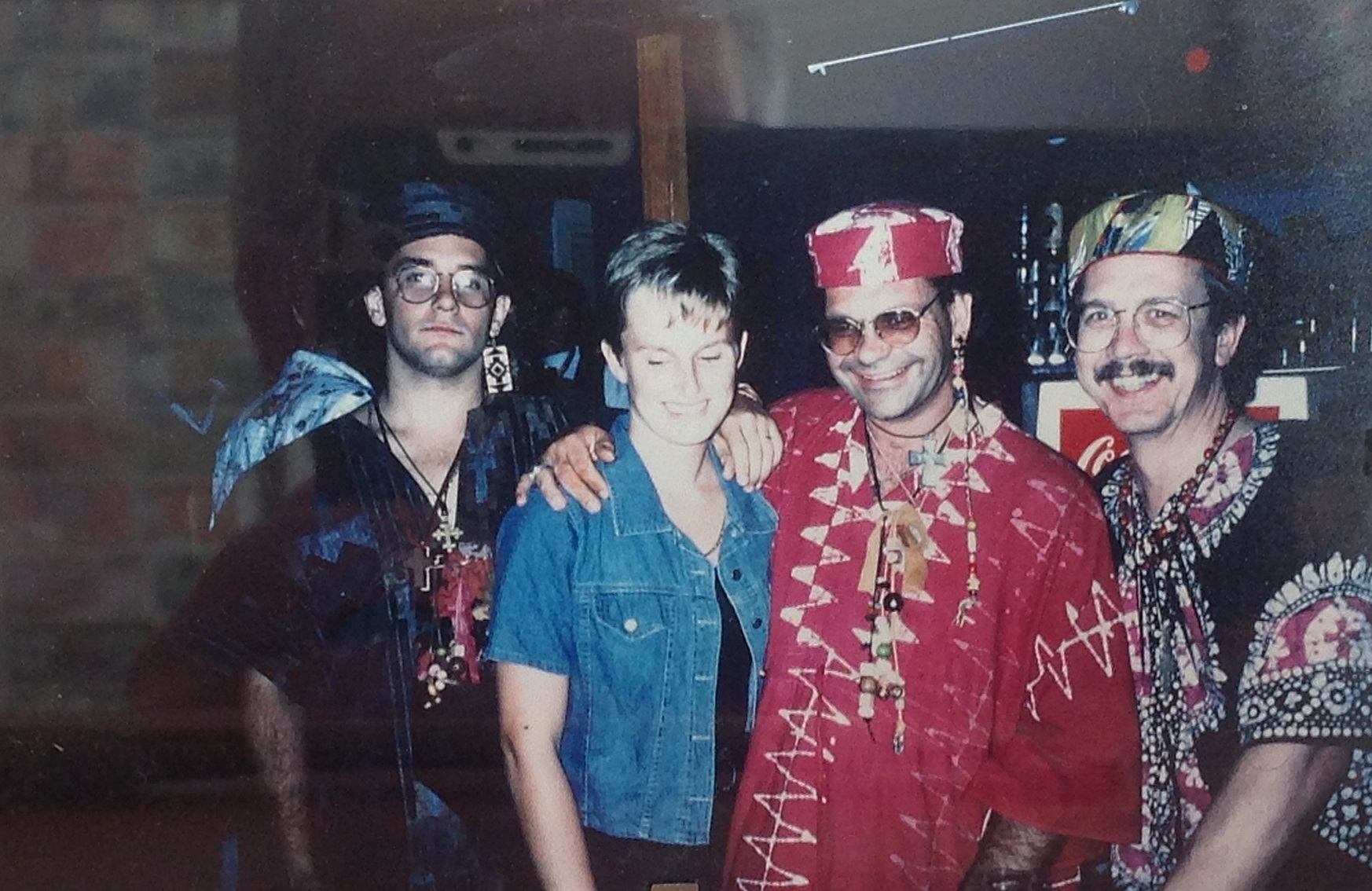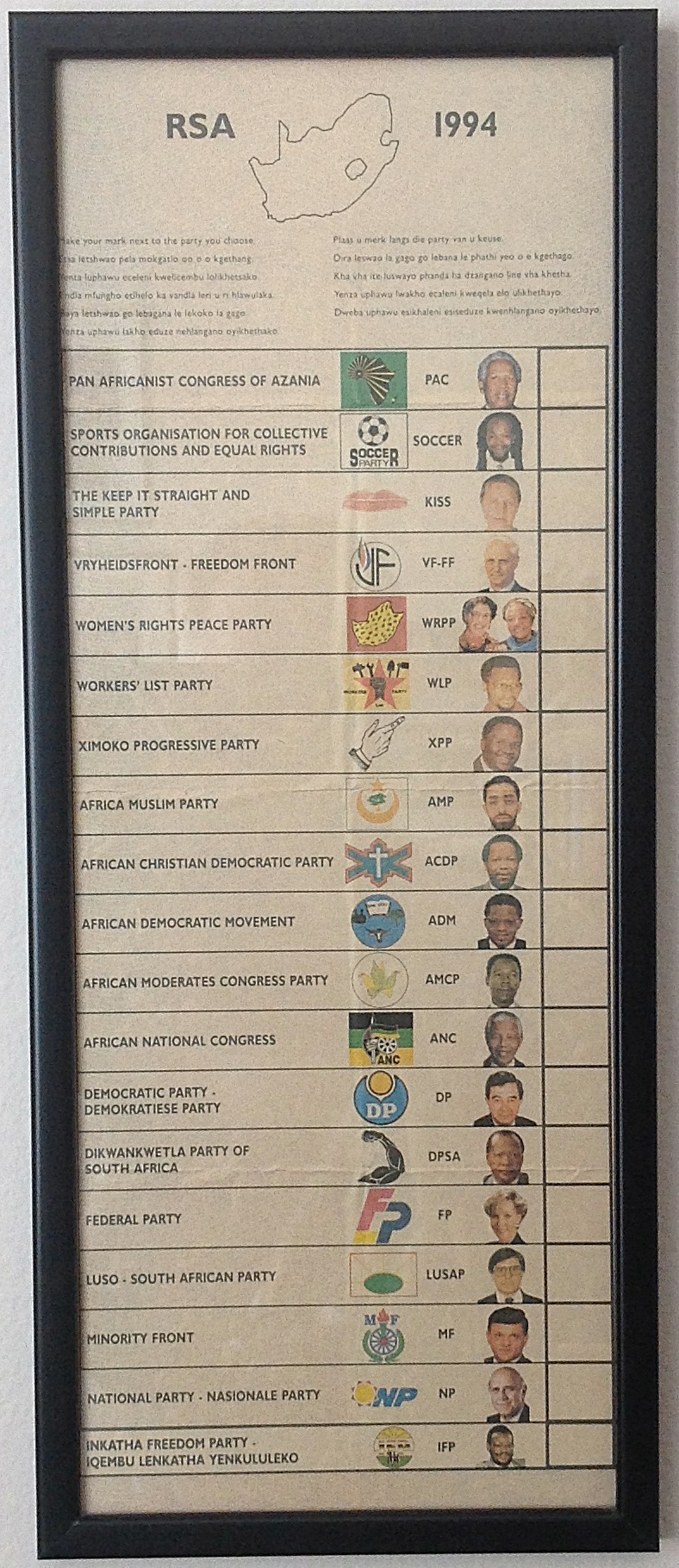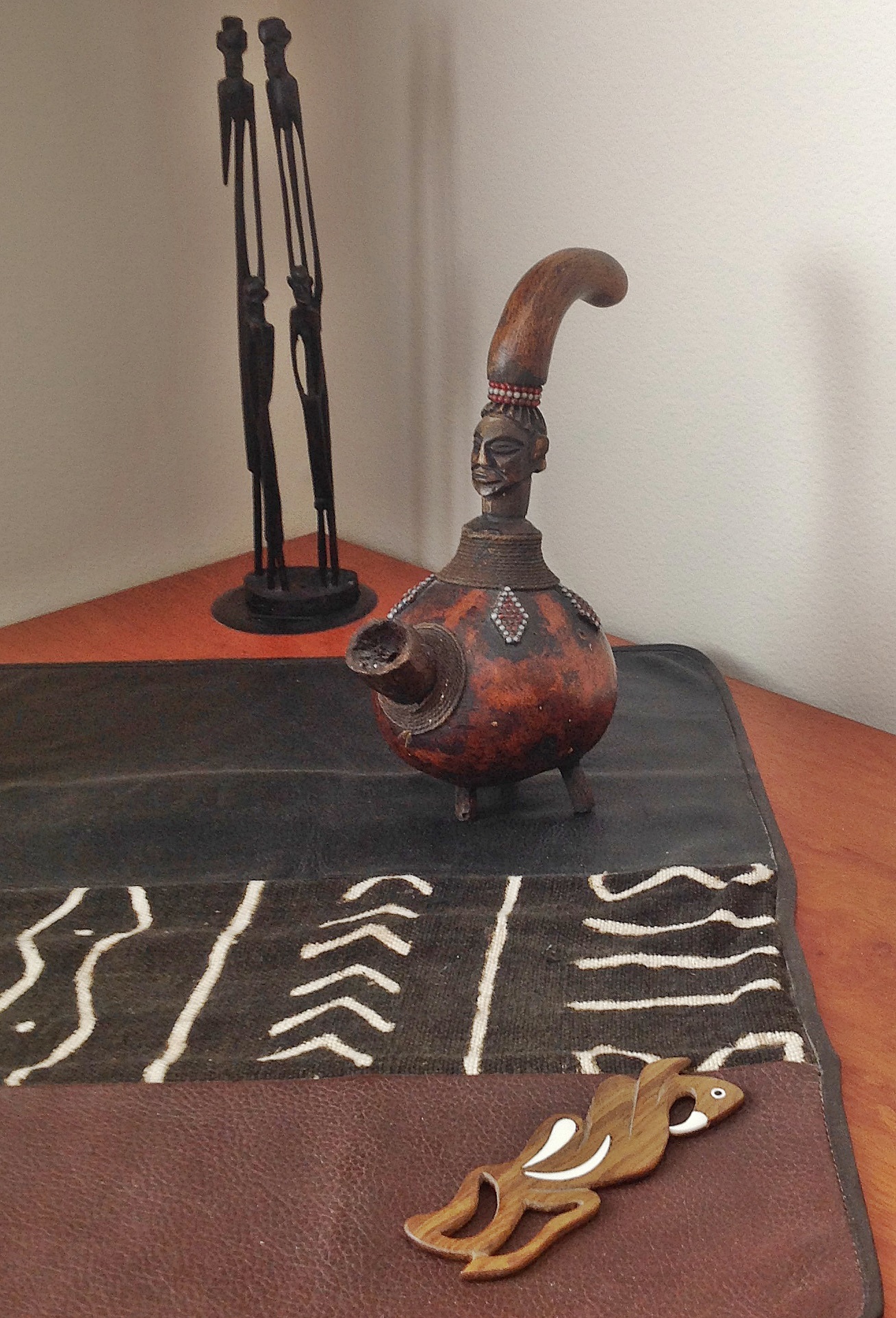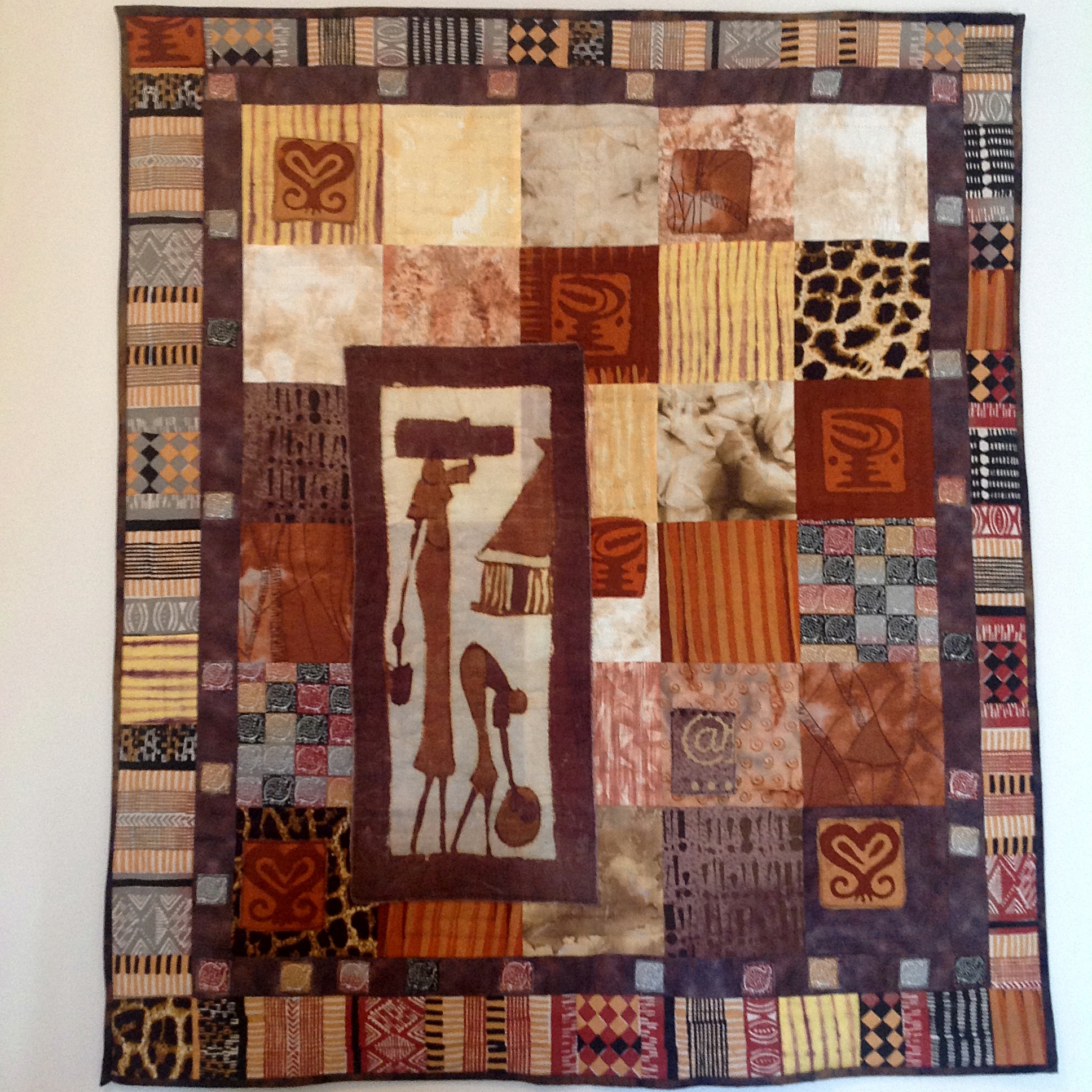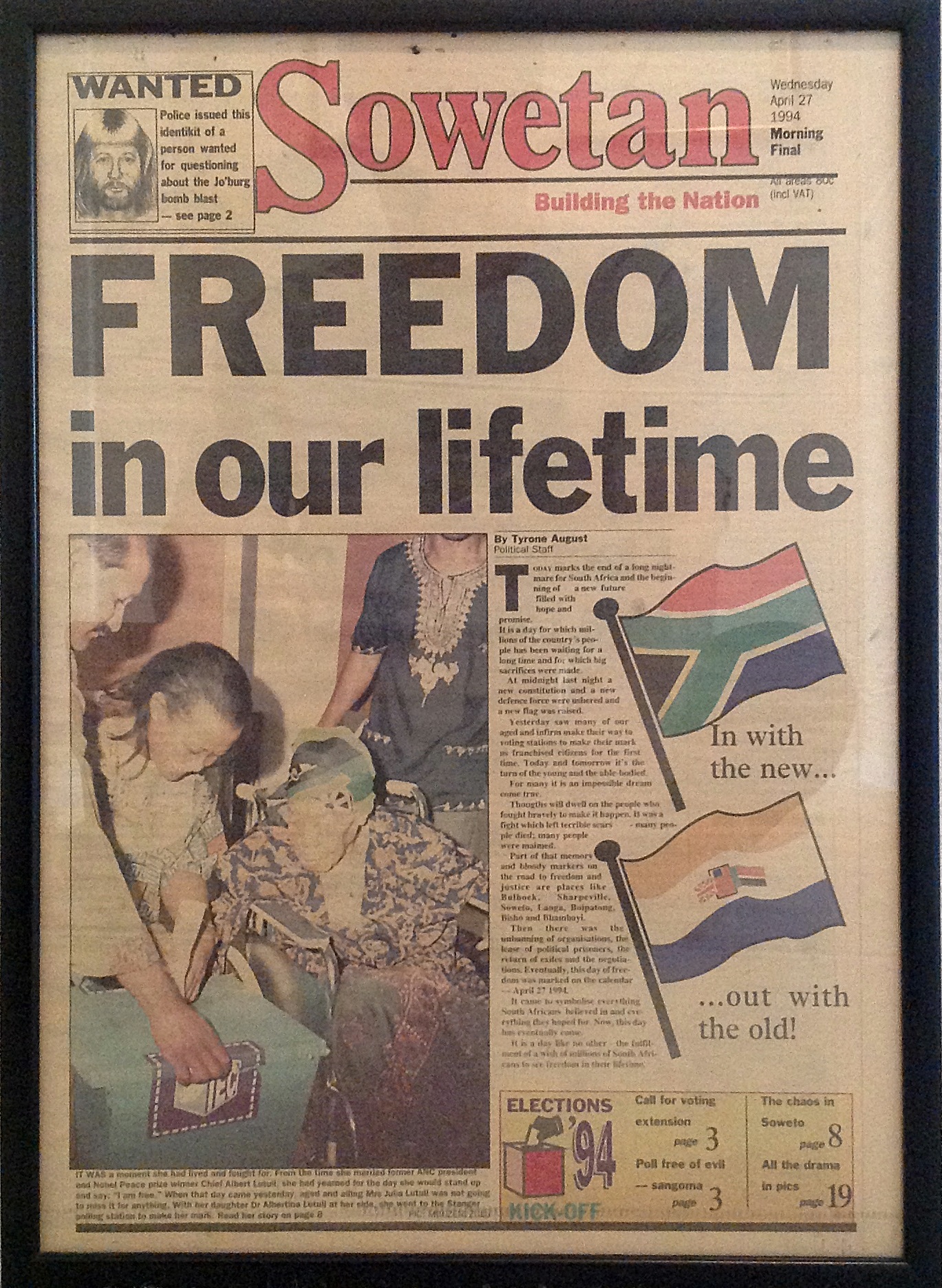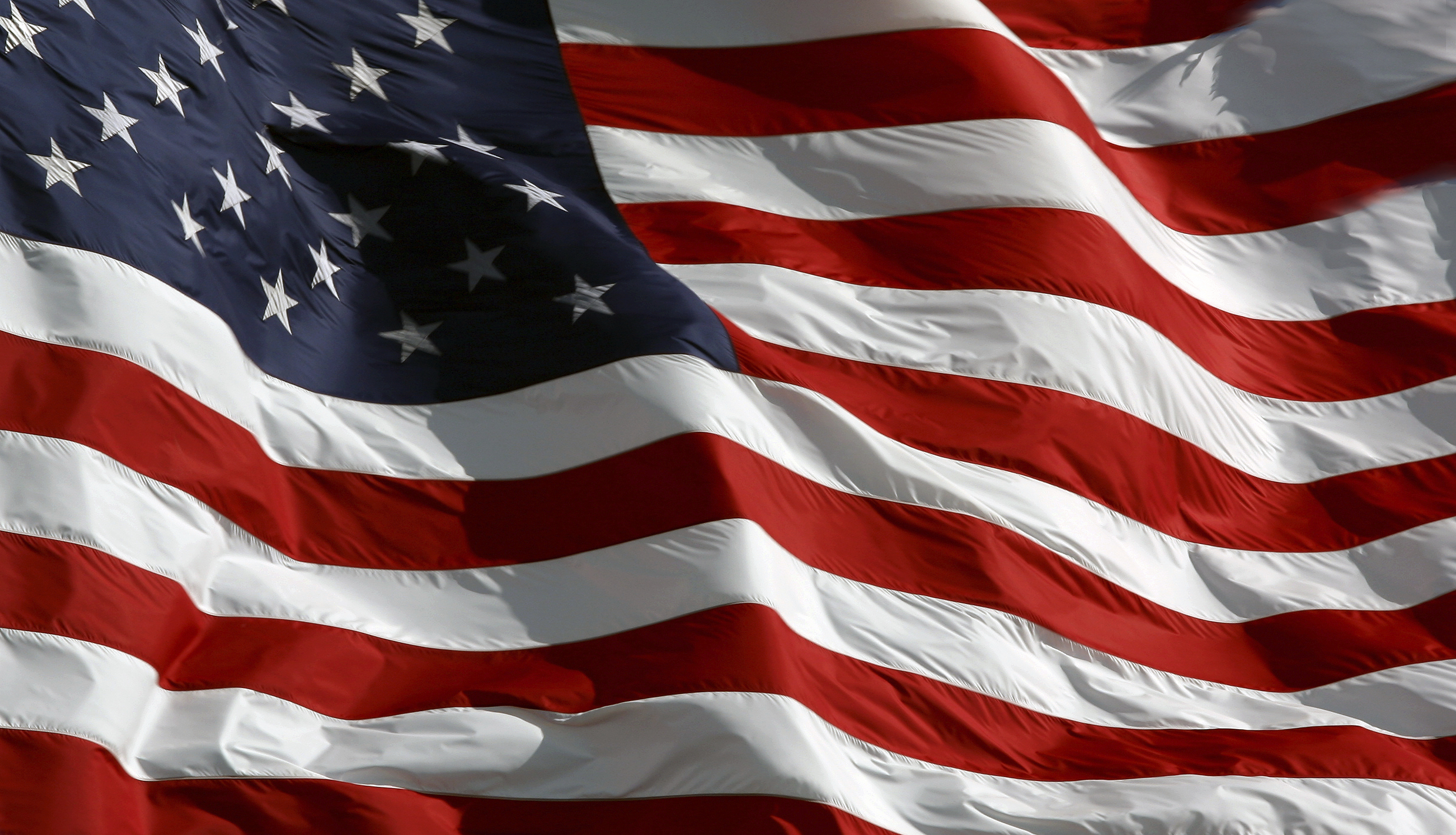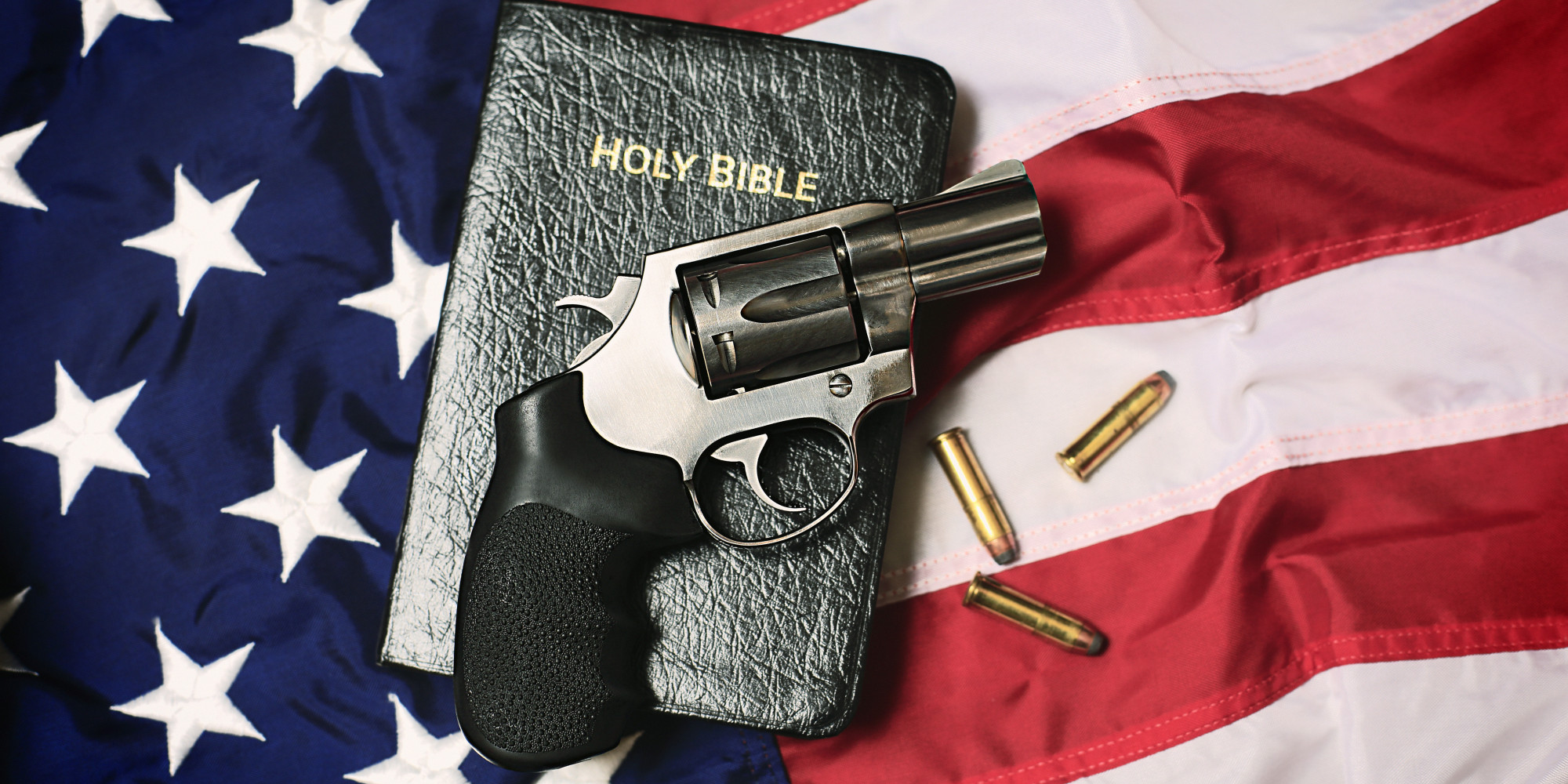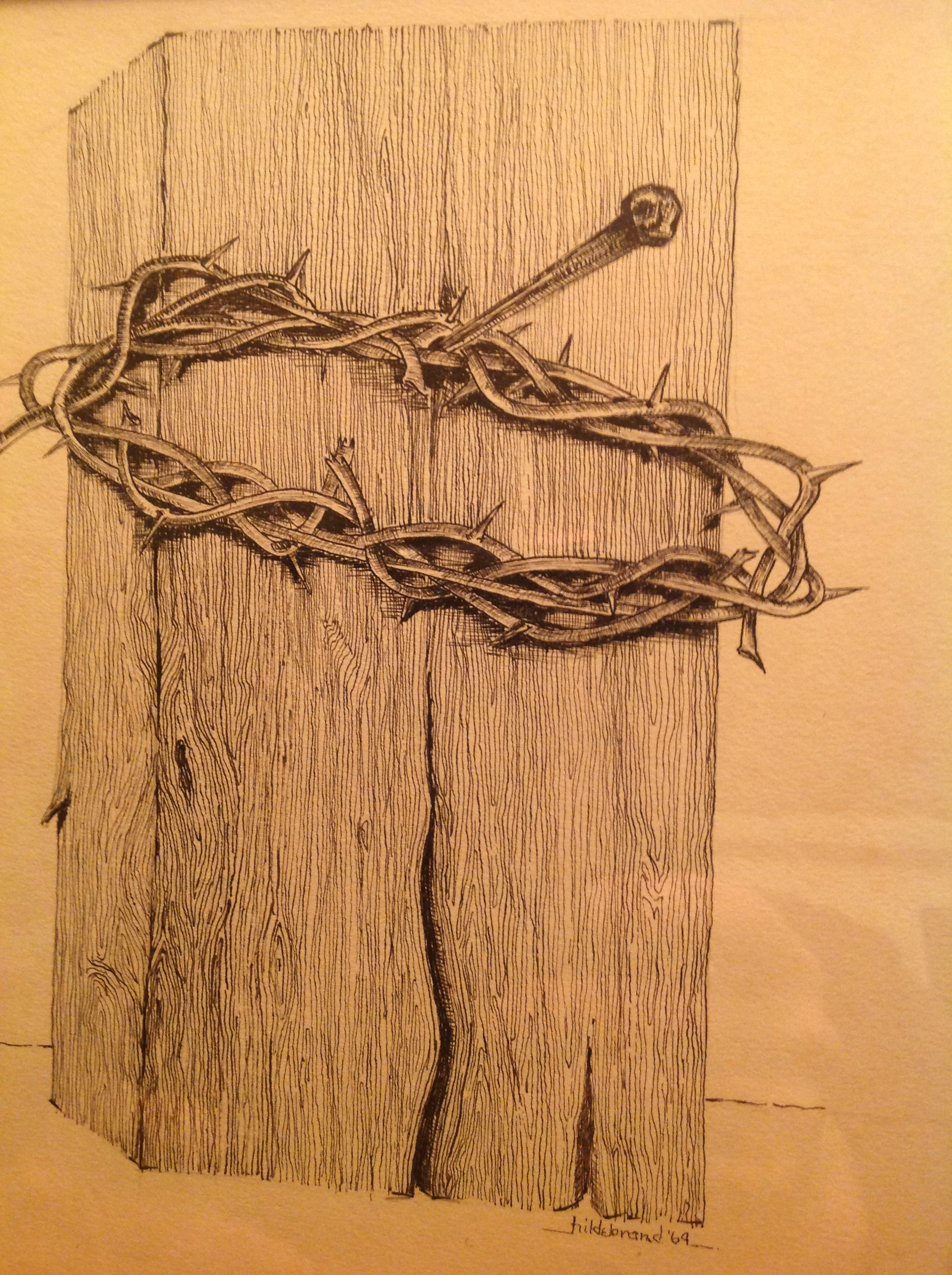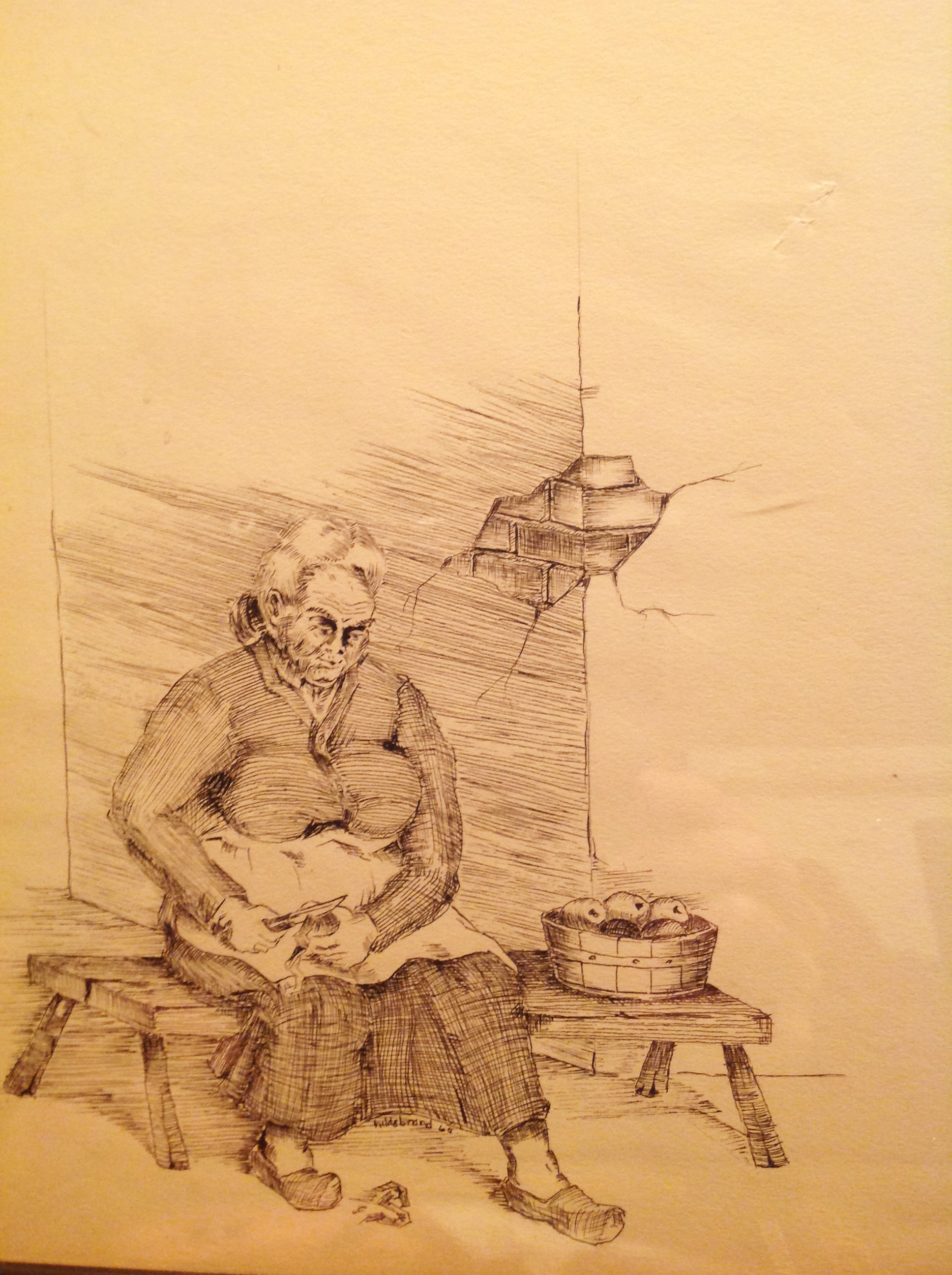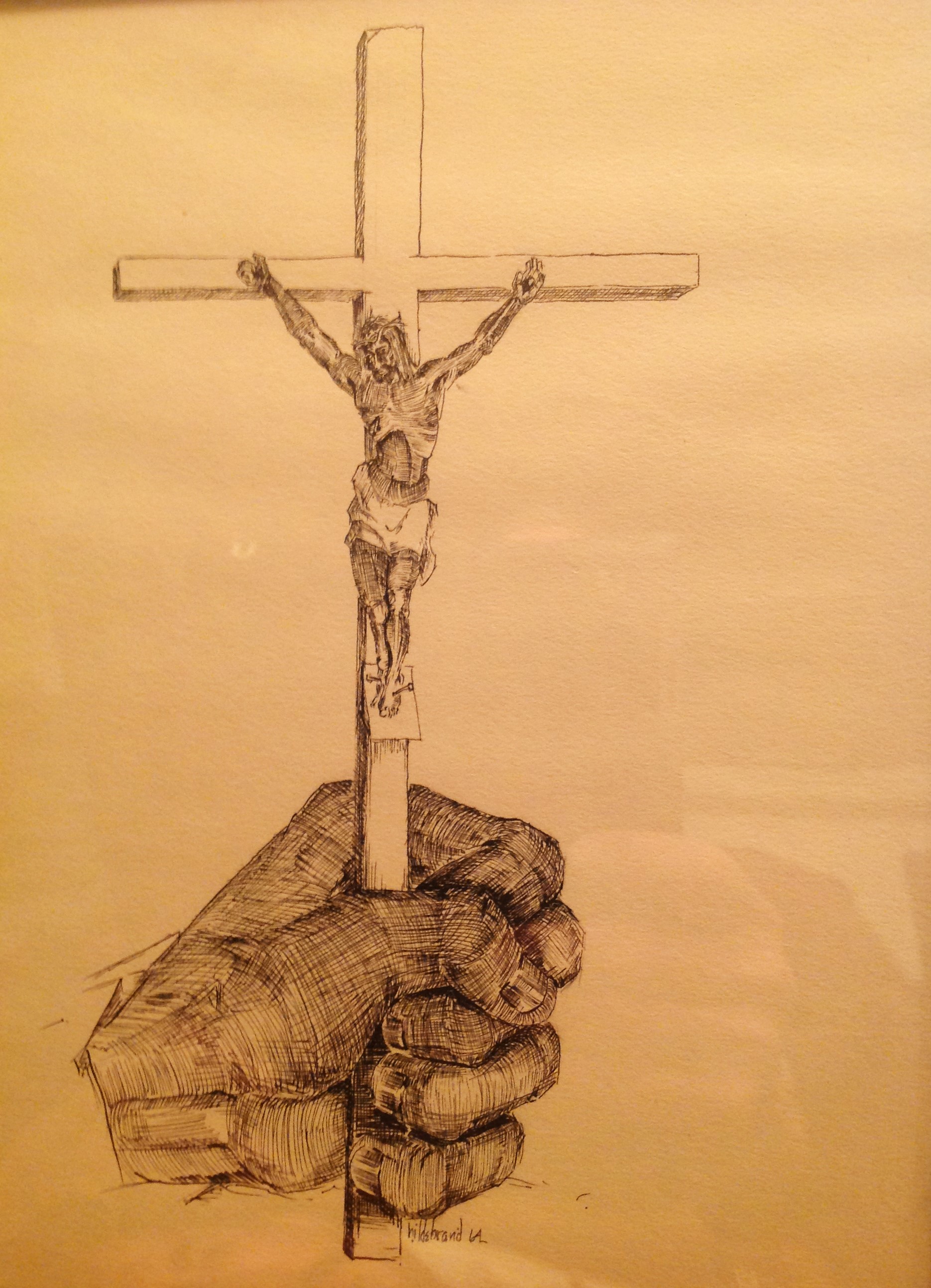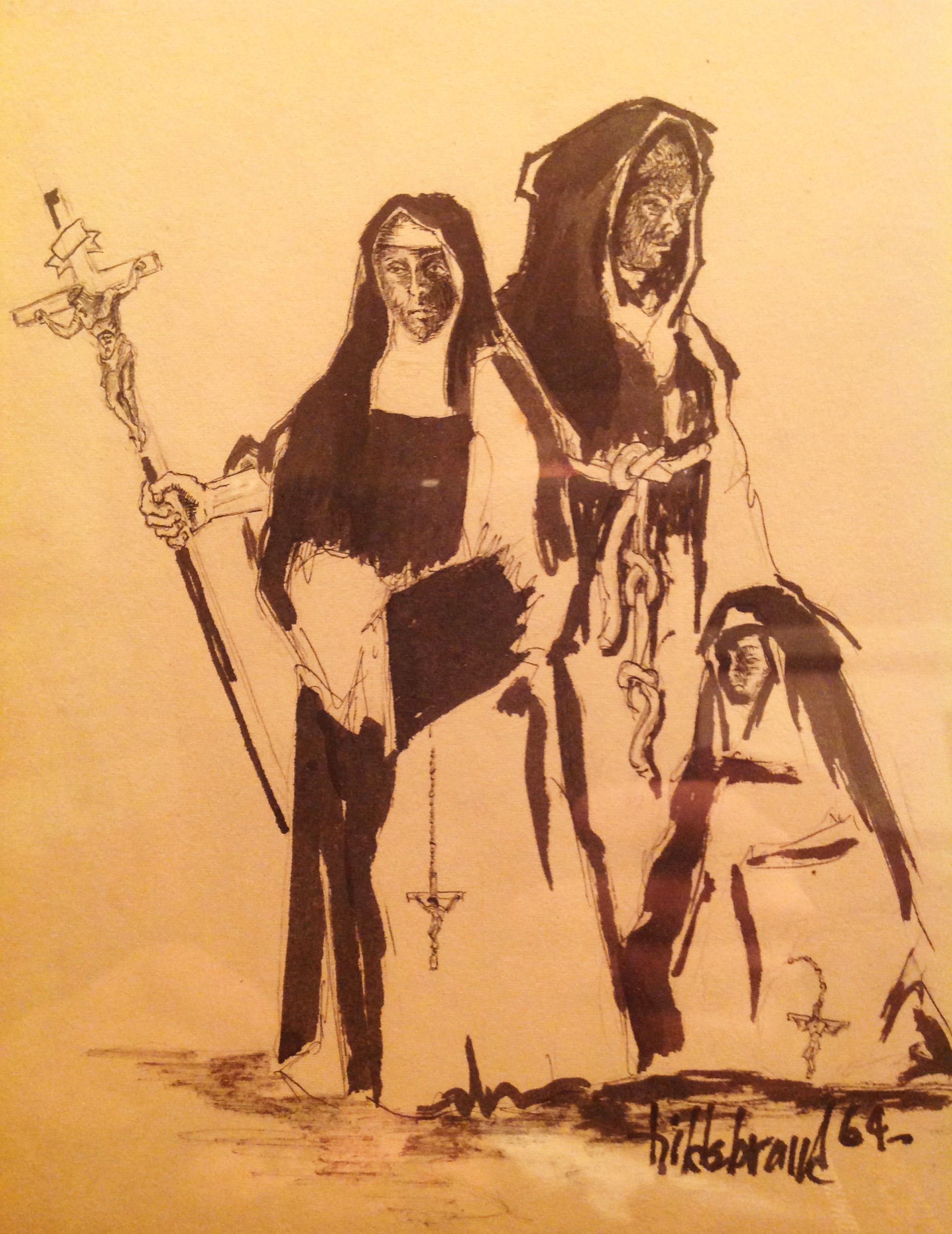Life is Sacred! So What?
 Tuesday, September 8, 2015 at 9:31PM
Tuesday, September 8, 2015 at 9:31PM Some time ago I was in a small group discussion that tumbled into the issue of abortion. A man told the group that life is sacred. He didn’t say this aggressively. He wasn’t angry. It was obvious he meant what he said. He was, of course, implying that it was therefore wrong to terminate life, or in other words, because life is sacred it is wrong for us to kill.
The claim that life is scared is a belief statement. There is no way of proving the claim. For most people it also implies the existence of a conscious intelligent deity that interacts in human life and endows life with sacredness. This is also a belief statement that cannot be proven. But for the moment let’s accept the claim that life is sacred and that offending the sacredness of life is also to offend the deity. How would that quality affect our behavior?
All living things have to kill living things to continue living. Human beings are no exception. The odds were that the man in my small group was a meat eater and thus killed animals or relied on others to kill for him. But even if he were a vegetarian he would still have to kill to live. Obviously, there is a difference between killing a cow and killing a carrot. But if life is sacred, what is the difference? Is the cow more sacred than the carrot? Does the deity love cows more than carrots? If so, why?
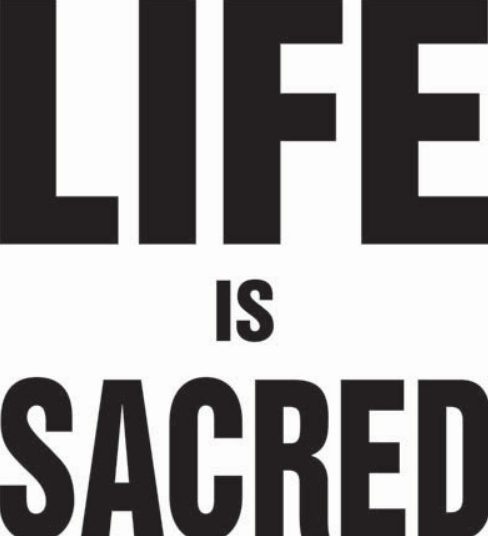 I once asked this question of a friend who is a vegetarian and ethicist at Oxford University specializing in animal rights and theology. His response was simple: It is immoral to kill sentient beings. By saying that some animals are sentient he means that they are in some way aware of their life story. The definition of sentience would include: the ability to feel, perceive, and to have some experience of one’s self, or the ability to experience subjectivity. My friend said the jury was still out on fish, but it was unlikely the possessed sentience. From his perspective, while all life may be sacred, it only wrong to kill sentient life. So, if we were to accept this reasoning, it would be okay to eat a carrot or a fish, but not a cow or a pig.
I once asked this question of a friend who is a vegetarian and ethicist at Oxford University specializing in animal rights and theology. His response was simple: It is immoral to kill sentient beings. By saying that some animals are sentient he means that they are in some way aware of their life story. The definition of sentience would include: the ability to feel, perceive, and to have some experience of one’s self, or the ability to experience subjectivity. My friend said the jury was still out on fish, but it was unlikely the possessed sentience. From his perspective, while all life may be sacred, it only wrong to kill sentient life. So, if we were to accept this reasoning, it would be okay to eat a carrot or a fish, but not a cow or a pig.
Fair enough, but the gentleman in the discussion group wasn’t speaking of vegetables and animals. He was speaking of human beings. So, for the sake of argument, let’s narrow it down and only address the possibility that human life is sacred.
The sacredness argument implies that killing a human being is wrong. The question of when a human being actually becomes human is more than complicated. I would guess that most people who oppose abortion, for example, believe that we are human at the point of conception. Others would disagree, but I don’t want to get into that here. My point is that the man in question certainly believed a foetus is human and that because human life is scared it should not be killed.
Liberals are fond of pointing out that often people who oppose abortion support capital punishment. I’m sure that there are many liberals who condemn capital punishment and also support some limited military actions and all out war. The argument that human life is sacred does not stop the direct or indirect killing of human beings. It never has and never will. It only stops the killing of some human beings and in some circumstances.
Even if we accept that human life is sacred, there are two questions that should be address. First, when is it acceptable to directly kill another human being? Second, when is it acceptable to indirectly allow human beings to die? Two obvious examples...
It is estimated that around 378,000 people die violent deaths in war each year. Given that the main purpose of war is to kill human beings, those who believe human life is sacred should explain and justify why they are not pacifists. Why argue for just war theories instead of pacifism?
Each year approximately 1.3 million men, women and children die on the world’s roads due to accidents. That’s an average of 3,287 deaths a day. Vehicle death is the 9th leading cause of death and is 2.2% of all deaths globally.[1] This is an indirect result of human behavior. If life is sacred, how do you justify 1.3 million violent deaths a year?
Obviously we are not going to stop fighting wars and driving cars because life is sacred. Many a noble person has argued for the end of war and yet the preparation for wars and the conducting of wars is one of the biggest and most profitable human endeavours. And imagine a person advocating that we stop driving cars and trucks because life is sacred. I suspect it would be a rather unpopular movement.
If you are arguing for the sanctity of life and that it should impact human behavior, blanket statements won’t do. You need to read up on your ethics.
Copyright © 2015 Dale Rominger
[1] See www.asirt.org.




